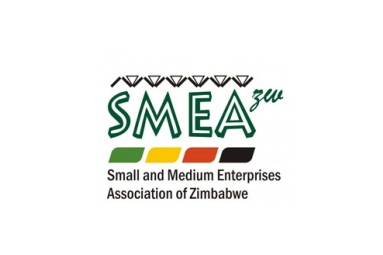
Small to medium enterprises (SMEs) say the setting up of a junior bourse will help companies raise equity funding.
TATIRA ZWINOIRA
The Zimbabwe Stock Exchange (ZSE) is in the process of setting up a secondary bourse, the Zimbabwe Emerging Enterprising Market (Zeem), meant to cater for SMEs.
SME Association of Zimbabwe (Smeaz) executive officer Farai Clement Mutambanengwe said a secondary bourse was good for growing business.
“We feel that there is need for a secondary bourse because part of the capital raising function or requirement for any growing enterprise is getting equity funding. A bourse is a very effective way for an emerging business to get that equity capital. When it does come out, we would want to see and decide whether it does make sense for our members to participate,” Mutambanengwe said.
He said the secondary bourse should not be established to accommodate companies that would have failed to meet the requirements on the main bourse as it would not attract investment.
“If the bourse is simply just another tier for the ZSE, chances are that it is not going to attract a lot of investment, depending on how it is packaged. If it is packaged as something where you have young vibrant companies coming up who need capital to take them to the next level, then obviously it will be very attractive,” he said.
“The danger is there might be a temptation to take corporates that are coming from the main bourse that are failing and downgrade them into the SME bourse and that then does not really create that very attractive bourse for investors.”
- Chamisa under fire over US$120K donation
- Mavhunga puts DeMbare into Chibuku quarterfinals
- Pension funds bet on Cabora Bassa oilfields
- Councils defy govt fire tender directive
Keep Reading
According to the Finscope report done on SMEs in 2012, there are 2,8 million business owners in the sector. Of that amount, 800 000 have employees which represent the potential medium to small enterprises that would be eligible enough to qualify for the ZEEM.
Mutambanengwe said the listing fee had to be a calculation because whatever it is set at, it is going to be a cost to the capital of a company.
“If it becomes too high, any business will calculate the cost of the listing against the capital that it raises out of the bourse. If the two calculations are not corresponding, then obviously it is not viable to list on the secondary bourse”.
He said there were many SMEs but the medium enterprises were the ones ready to graduate and become large corporations.
Last year, ZSE indices retreated, a reflection of the tough operating environment.
“It is a good thing the ZSE has been converted into a commercial entity, because it now needs to think along strategic lines and marketing itself viably for investment proposition for international investors,” Mutambanengwe said.
“So the ZSE needs to package itself properly, and as for the secondary bourse, ZSE needs to package this attractively so it can attract investors for even companies to come list on it.”
Smeaz was formed in December 2011 to represent SMEs. The group has a membership of over 600 entrepreneurs.











